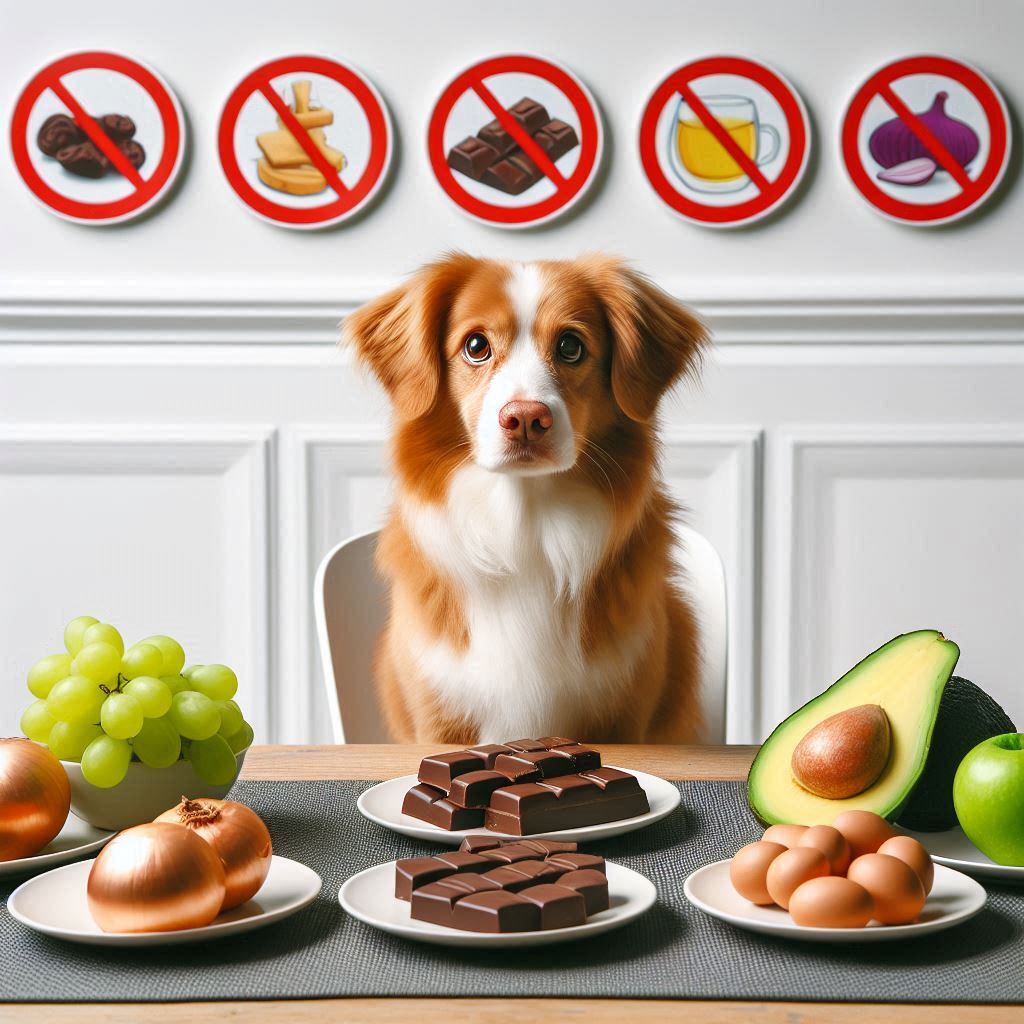Dogs Cats
Beware: The 7 Most Dangerous Foods for Dogs
As dog owners, we want the best for our furry friends. However, some human foods can pose serious health risks to dogs. It’s essential to be aware of these potential dangers and keep them out of your pup’s reach. Let’s explore some foods you should avoid feeding your dog:
1. Avocados
Avocados contain a substance called persin, which is toxic to dogs. Ingesting avocados can lead to diarrhea, vomiting, and even be deadly in larger amounts. Additionally, avocado pits can cause intestinal obstructions. While smaller quantities are generally considered safe, it’s best to avoid avocados altogether.
2. Cherries
The stems, leaves, and pits of cherries contain cyanide, a potentially deadly chemical. Cyanide interferes with oxygen utilization in tissues, leading to serious health issues. Even the fleshy part around the pit can become a choking hazard for dogs.
3. Grapes and Raisins
Both grapes and raisins are highly toxic to dogs. Ingesting just a few can cause sudden kidney failure. Keep these fruits far away from your furry companion.
4. Tomatoes
While fully ripened tomatoes are safe, the green parts of the plant contain solanine, which is toxic to dogs. To be safe, it’s best to avoid tomatoes altogether.
5. Mushrooms
Avoid feeding your dog any mushrooms. Some mushroom species are poisonous to dogs, and identifying safe varieties can be challenging. Even a single bite of a toxic mushroom could be fatal.
6. Garlic and Onion
Garlic and Onion contains thiosulfate, which is harmful to dogs but not to humans. Even small amounts of garlic or onion can be problematic for dogs. Thiosulfate damages red blood cells, leading to hemolytic anemia in dogs. Symptoms of garlic toxicity include vomiting, diarrhea, weakness, and dark urine.
7. Chives
Chives belong to the Allium family, which also includes onions, garlic, leeks, and scallions—all of which are harmful to our canine companions. When dogs consume chives, they may exhibit symptoms such as nausea, mouth irritation, vomiting, excessive drooling, abdominal pain, lethargy, diarrhea, weakness, rapid heartbeat, and pale gums. The toxic compounds in chives can lead to oxidative hemolysis, anemia, and methemoglobinemia.
Remember, when in doubt, opt for dog treats specifically designed for your pet. If you suspect your dog has ingested something toxic, contact your vet, an emergency animal clinic, or an animal poison control center immediately.

